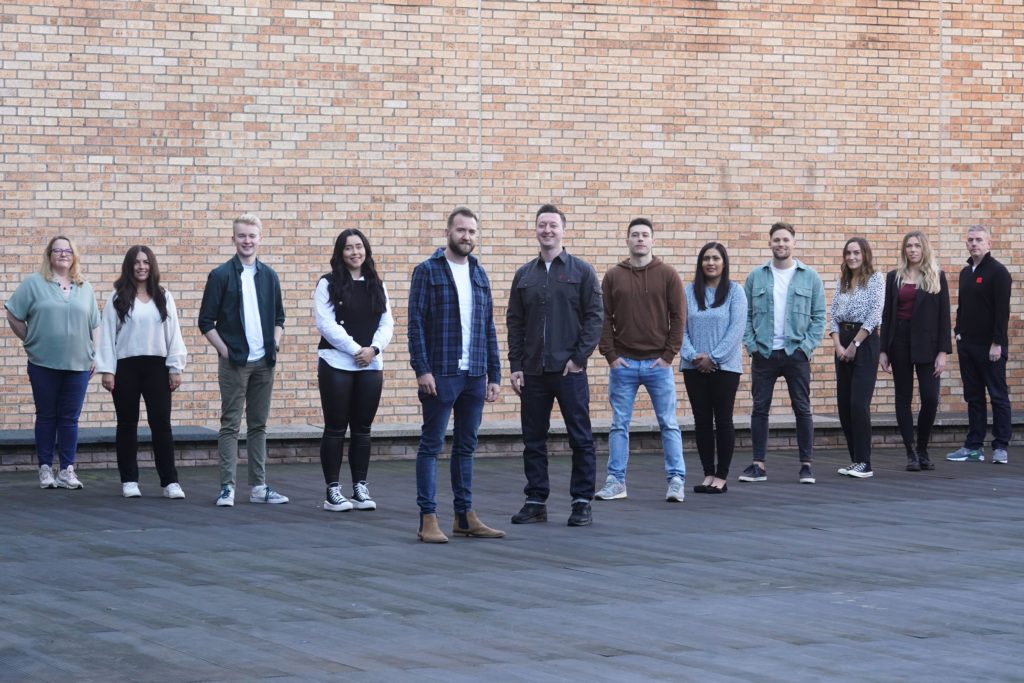AI in recruitment: should candidates start to worry?
True AI tools are getting better and better. But what role should they play in recruitment?
Artificial intelligence and automation are not new concepts to the recruitment industry. They’ve been around for a few years. But with all the media and tech chatter of late about chatbot ChatGPT, contractors must ask themselves if they are happy putting their livelihoods in the hands of bots first, human recruiters later.
OpenAI in November 2022 launched ChatGPT, which was built on top of OpenAI’s GPT-3 family of large language models. t has been fine-tuned with both supervised and reinforcement learning techniques.
ChatGPT was launched as a prototype on November 30, 2022, and quickly garnered attention for its detailed responses and articulate answers across many domains of knowledge. Following the release of ChatGPT, OpenAI reportedly doubled in value to $29 billion.
There has been a huge amount of interest with more than a million people signing up to try the platform in the first five days. Global tech media was buzzing, with the internationally available BBC Click tech magazine show doing a feature. This was followed by the TopGear car enthusiasts program actually posting a chat with the bot on its website.
The reason for this is that ChatGPT interacts with users conversationally, making it possible for the chatbot to answer follow-up questions, challenge incorrect arguments, admit its mistakes, and more.
Whether you need the foundation of a speech for a seminar, or a complex topic explained simply so you can write a blog post for your recruitment website, ChatGPT has attracted a lot of fans. But what are the implications for the recruitment sector and staffing agencies? And contractor candidates?
Established benefits of machine learning technologies
AI typically improves the recruitment process by:
- Automating repetitive tasks – AI tools automate tasks such as screening resumes and scheduling interviews, allowing recruiters to focus on more high-level tasks.
- Improving matching – AI tools analyse a large amount of data quickly, such as job requirements and candidate qualifications, matching the best candidates to job openings.
- Increasing efficiency – AI tools help recruiters quickly identify the most suitable candidates, saving time and increasing the speed of the recruitment process.
The advent of ‘true’ AI chatbots is getting closer
Typical chatbots are configured using logic flows to provide automated responses to enquiries sent through email, chat messengers and social channels like WhatsApp. Typically, in recruitment, these chatbots might look for keywords like ‘vacancy’ or ‘hourly rate’ and then provide appropriate responses.
Our tech is there to help decrease risk but not make the decision.
Rich Wilson, CEO Gigged.AI
When it comes to knowledge and the written word, ChatGPT takes automation to a new level, the level of ‘true’ AI. For recruitment and staffing agencies, the software could write a barebones job description for a job board post or an entire blog about a complex topic like taxation for freelance and contract workers for any region of the world.
Rich Wilson, CEO of AI recruitment startup for freelancers Gigged.AI, told The Freelance Informer that they are using artificial intelligence to help improve the quality of their gig and match skills.
He explains that the human element of their recruitment process exists, but at the later stages of the selection process.
“The final selection is still down to the client and freelancer,” Wilson says. “Our tech is there to help decrease risk but not make the decision. As a startup, we have to ensure we have an experienced board and investors to provide as much trust as possible,” he says.

AI still has its setbacks, so does ChatGPT
However, OPenAI warns ChatGPT can produce problematic answers. For the recruitment sector, this means such AI tools may have unintended consequences, such as reinforcing existing biases in the recruitment process.
Some examples of this include:
- Data bias – AI chatbots are trained on large amounts of data, which may contain biases. If the data used to train the chatbot reflects existing biases in society, such as gender, race, or age bias, these biases will be reflected in the chatbot’s behaviour and decision-making.
- Language bias – AI chatbots that use Natural Language Processing (NLP) may perpetuate biases in language, such as gender-specific pronouns or stereotypes. This can lead to the chatbot responding in ways that are insensitive or offensive to certain groups of people.
- Decision-making bias – AI chatbots can make decisions based on the data they have been trained on, which may reflect existing societal biases. For example, a chatbot trained on CVs and resumes with certain keywords may be more likely to recommend candidates with similar backgrounds, perpetuating existing inequalities in the recruitment process.
- Lack of transparency – AI chatbots can be difficult to interpret, which can make it hard to identify and rectify any biases present in the system.
Whether you see the benefits of AI or are still reluctant to see its existence in the very human industry of recruitment, the fact of the matter is AI is probably here to stay. If an industry can make a process faster, and cheaper, with fewer resources and man-hours, the forces that be will make sure it stays the course.
The beauty of being freelance is that you have a choice whether to find and pitch yourself to clients or use a recruitment agency that is reliant on AI. And those out there that know a thing about SEO; can write a personal profile to match-fit the job of their dreams (or get Chat GPT to do it for them), they may not see AI as a threat, but as a tool to help them get what they want. That is until AI replaces them as the candidate altogether. But we’re not there. Yet.
Additional reporting by ETZ
Related articles:
A new tech freelance job platform is on the scene
Algorithms are biased, and it looks like designers could be to blame.


